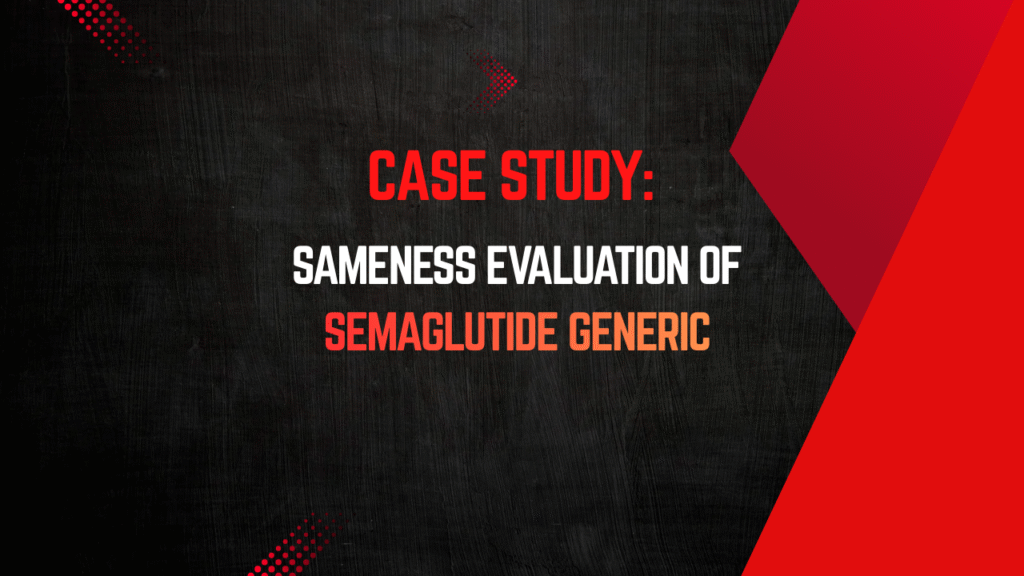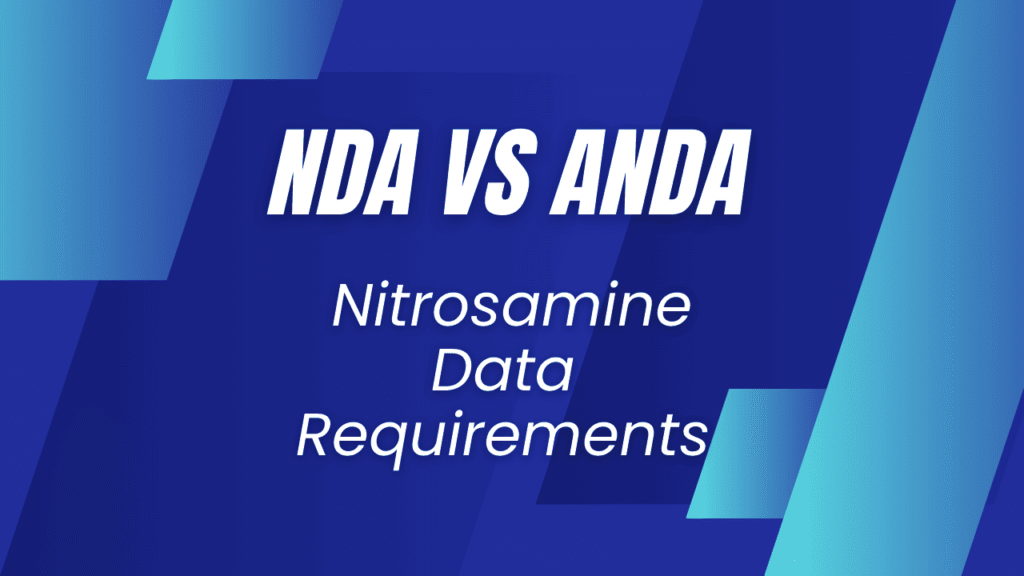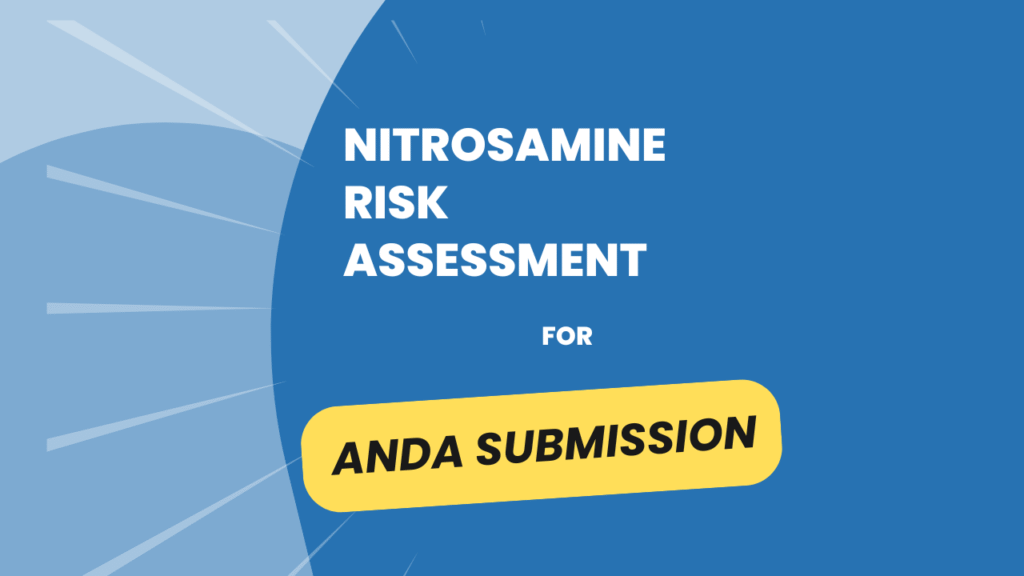
Thermogravimetric Analysis (TGA) is a critical analytical technique used to determine material composition, stability, and thermal properties. In Montreal, industries such as pharmaceuticals, polymers, and environmental science heavily rely on TGA analysis to ensure quality, compliance, and research advancements. This article explores the key applications of TGA analysis, highlighting real-world examples and industry use cases.
Understanding TGA Analysis
TGA is a method used to measure the change in mass of a substance as a function of temperature. This process helps identify material characteristics such as moisture content, decomposition, oxidation, and thermal stability.
Key Principles of TGA
- Thermal Decomposition: Determines at what temperature a material starts to degrade.
- Oxidative Stability: Assesses how materials behave in oxidative environments.
- Moisture and Volatile Content: Identifies the presence of moisture or other volatile substances in materials.
- Composition Analysis: Differentiates organic and inorganic materials.
Industries Utilizing TGA Analysis in Montreal
1. Pharmaceutical Industry
Pharmaceutical companies use TGA to evaluate drug formulation stability, excipient interactions, and decomposition behavior. Understanding thermal properties is critical for ensuring drug safety and efficacy.
Example: A leading pharmaceutical company in Montreal used TGA to analyze the stability of a new controlled-release medication. By evaluating thermal degradation profiles, researchers optimized formulation conditions to enhance drug stability.
2. Polymer and Plastics Industry
Polymers and plastics undergo TGA analysis to determine thermal degradation behavior, filler content, and composition.
Example: A polymer manufacturer in Canada employed TGA to assess the thermal stability of biodegradable plastics. The analysis provided insights into degradation rates, helping improve product lifespan and environmental impact.
3. Environmental Science and Waste Management
TGA is widely used in environmental applications, particularly for analyzing the thermal decomposition of waste materials and pollutants.
Example: A Montreal-based waste management company used TGA to study plastic waste thermal decomposition. The results helped develop more efficient recycling processes by understanding material breakdown.
4. Food and Agriculture Industry
Food scientists utilize TGA to analyze food additives, packaging materials, and dehydration rates.
Example: A food processing company in Montreal used TGA to optimize freeze-drying conditions for fruit products. The study ensured moisture removal without compromising product quality.
5. Aerospace and Automotive Industry
TGA plays a vital role in evaluating the thermal properties of composite materials used in aerospace and automotive sectors.
Example: An aerospace engineering firm in Montreal conducted TGA on advanced carbon composites to assess their heat resistance, ensuring they met stringent industry safety standards.
Advancements in TGA Analysis Technology
Modern TGA instruments come with advanced features such as:
- High-resolution balance systems.
- Coupling with mass spectrometry (TGA-MS) for gas analysis.
- Automated sample handling for high-throughput testing.
Choosing the Best TGA Analysis Services in Montreal
When selecting a TGA service provider, consider:
- Industry Experience: Choose a laboratory with expertise in your field.
- Accreditation and Compliance: Ensure the facility meets regulatory standards.
- Advanced Instrumentation: Look for state-of-the-art equipment for precise analysis.
- Comprehensive Reporting: The service provider should offer detailed, actionable insights.
Conclusion
TGA analysis is an indispensable tool for various industries in Montreal, helping ensure product safety, performance, and compliance. With advancements in thermal analysis techniques, companies can leverage TGA for quality control, research, and development. If you’re looking for reliable TGA analysis services in Montreal, choose a trusted provider with cutting-edge technology and industry expertise.
REFERENCES
- Pourhashemi A, Deka SC, Haghi AK, editors. Research Methods and Applications in Chemical and Biological Engineering. CRC Press; 2019 Jul 23.
- Pogliani L, Ameta SC, Haghi AK, editors. Chemistry and industrial techniques for chemical engineers. CRC Press; 2020 May 14.
- Al Shboul A, Ketabi M, Ngai JH, Skaf D, Rondeau-Gagné S, Izquierdo R. Fully printed flexible polystyrene/graphite-based temperature sensor with excellent properties for potential smart applications. ACS omega. 2025 Jan 23.
- Haghi RK, Torrens F, editors. Engineering Technology and Industrial Chemistry with Applications. CRC Press; 2018 Sep 24.
LET’S CONNECT
Are you looking for expert GC-MS analysis services? ResolveMass Laboratories Inc. is your trusted partner for high-precision analytical solutions. Contact us today to discuss your project needs
Case Study: Sameness Evaluation of Semaglutide Generic project submission to Health Canada
Introduction: Semaglutide Sameness Evaluation for Health Canada is a scientifically rigorous analytical process required to…
Analytical Testing Services for Peptide-Oligonucleotide Conjugates
Introduction: Why Specialized Peptide Oligonucleotide Conjugate Analysis Is Essential Peptide Oligonucleotide Conjugate Analysis is critical…
NDA vs ANDA Nitrosamine Data Requirements: What Sponsors Must Submit
Introduction: The global pharmaceutical industry is facing strict regulatory control for mutagenic impurities, especially nitrosamines….
How to Prepare a Complete Nitrosamine Risk Assessment Report for ANDA Submission
Introduction A comprehensive Nitrosamine Risk Assessment for ANDA Submission requires a structured and scientific evaluation…
Nitrosamine Testing in Stability Studies: Designing Long-Term Monitoring Programs
Introduction Nitrosamine Testing in Stability Studies is no longer limited to initial risk mitigation. It…
Analytical Techniques Used in Peptide Sameness Testing
Introduction: Peptide Sameness Testing Methods are advanced analytical strategies used to demonstrate that a generic…







